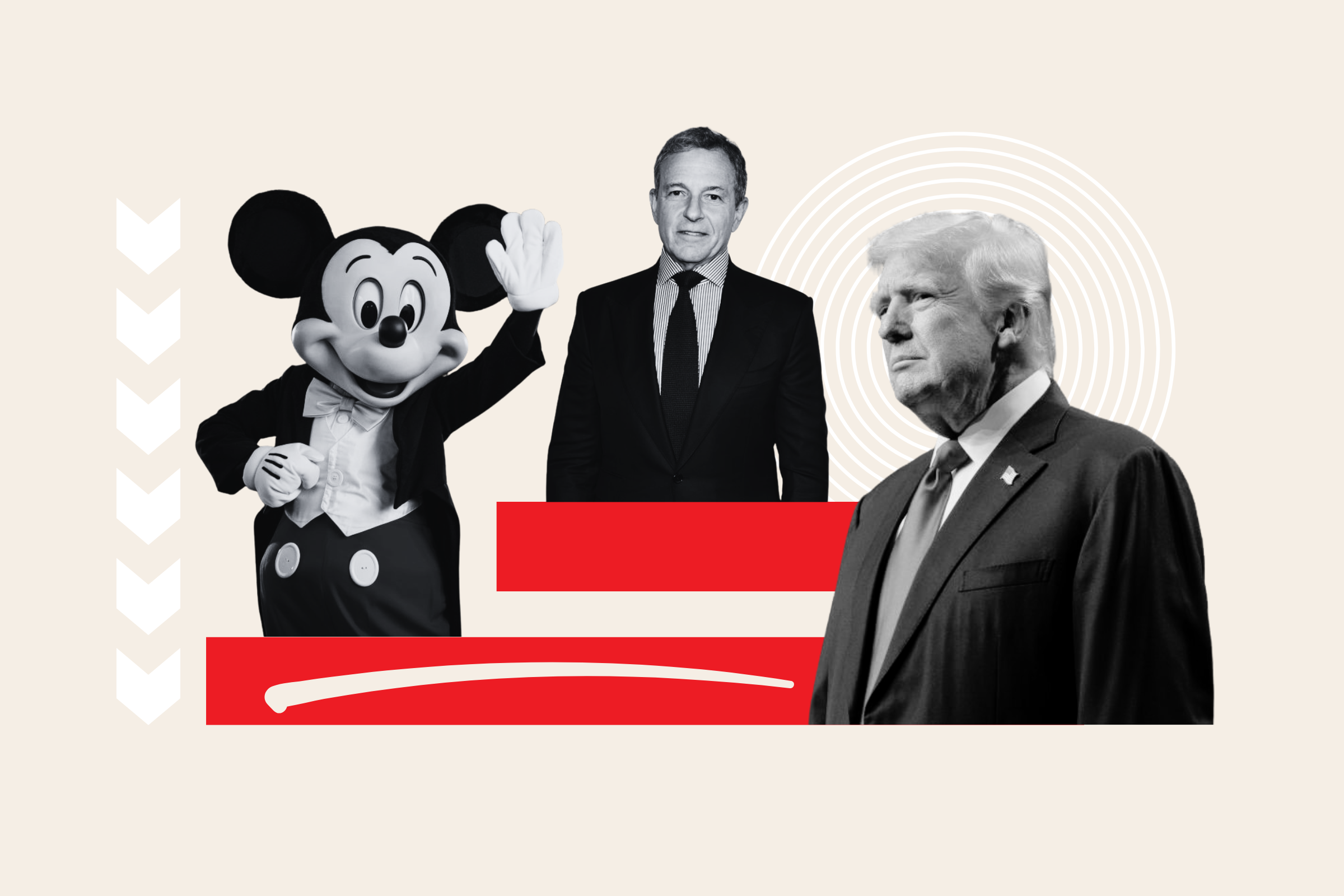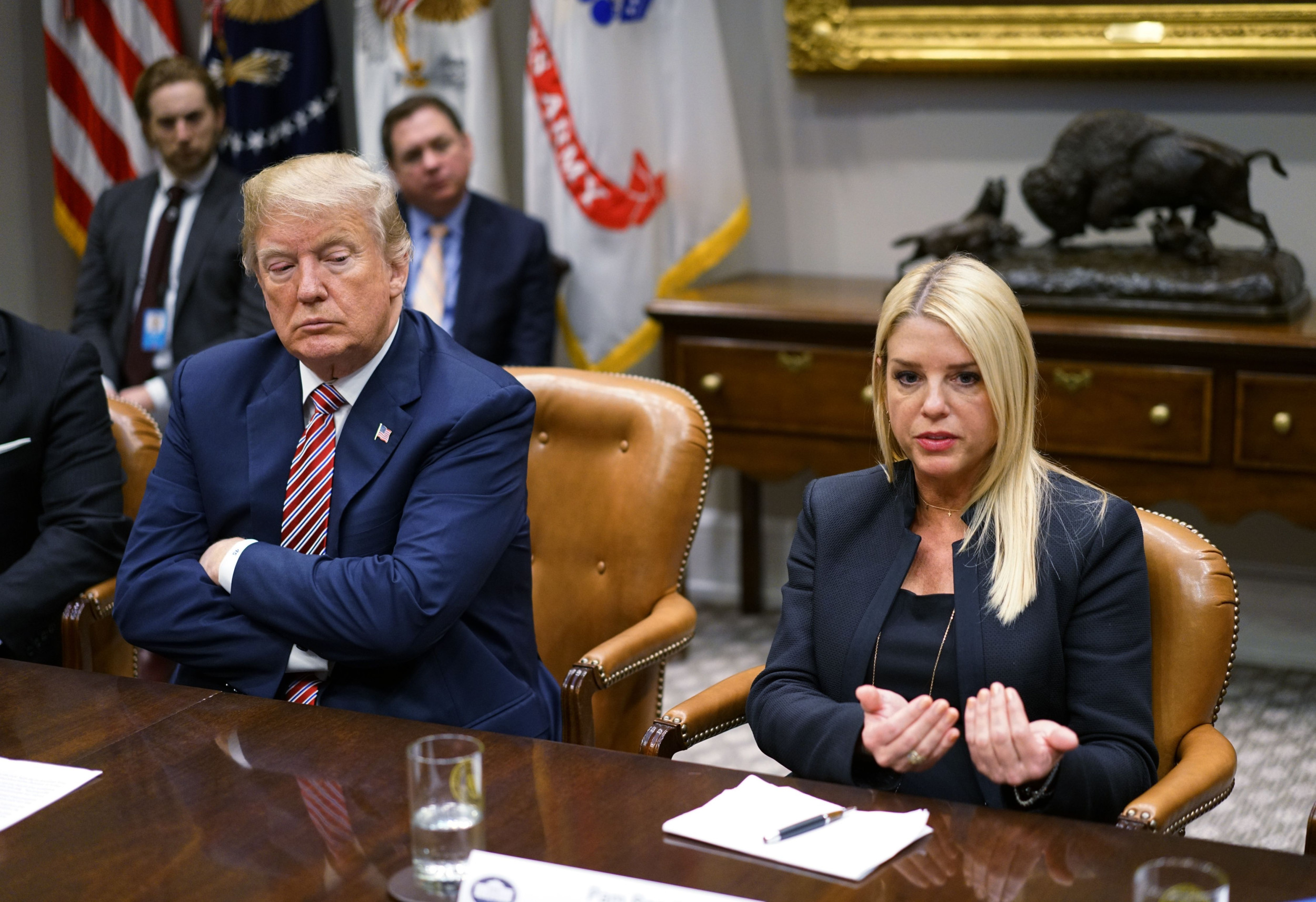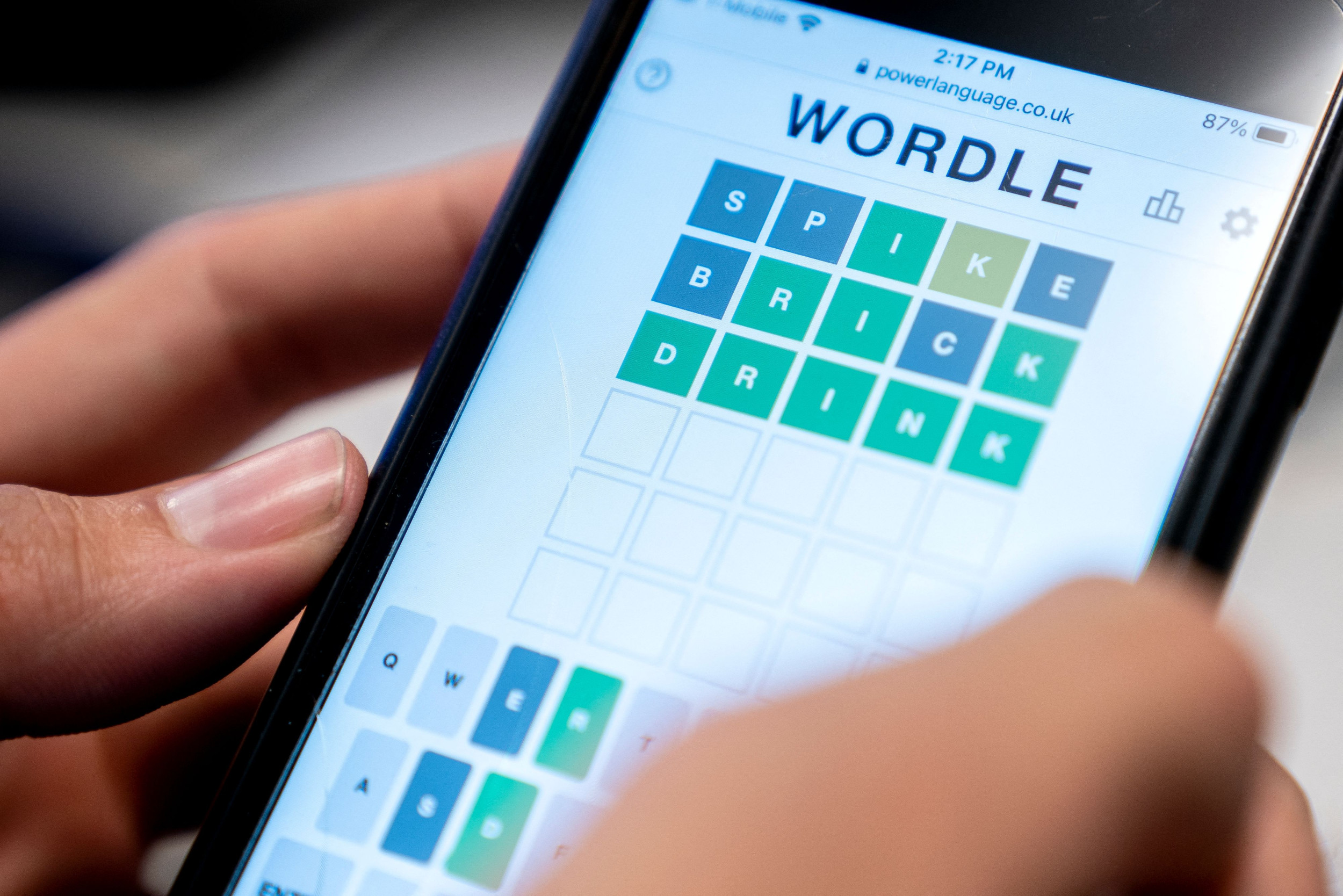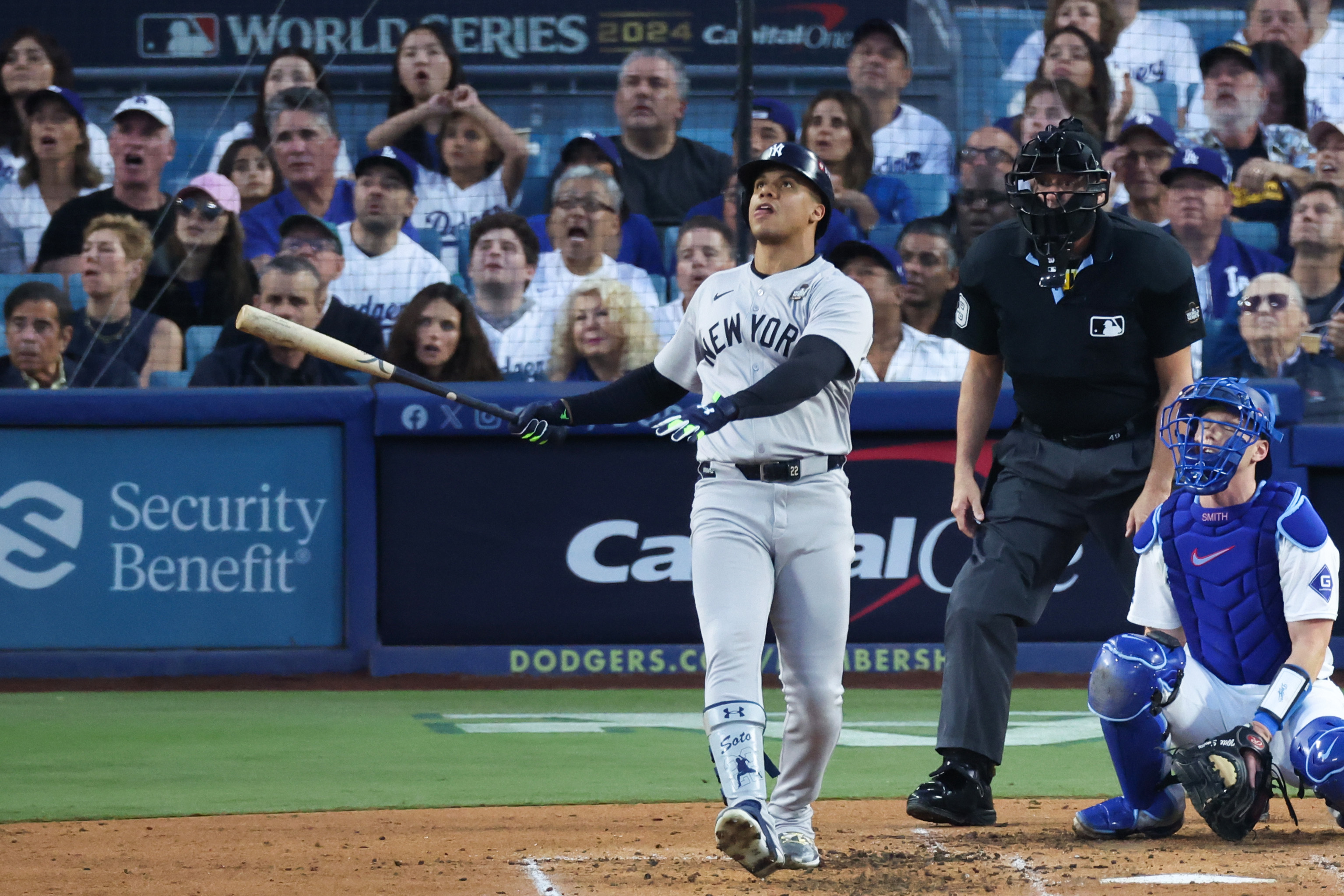Since Donald Trump reelection, many have wondered how his new administration will approach relations with Iran, which have previously been contentious.
Trump's team has begun to answer these questions by announcing that it will revive its "maximum pressure" plan aimed at "bankrupting" Iran's ability to produce nuclear weapons and providing funds for regional allies, according to the Financial Times.
The "maximum pressure" Iran plan during Trump's first term was his administration's imposition of new sanctions against Tehran following the U.S.' 2018 exit from the Iran nuclear deal, known as the Joint Comprehensive Plan of Action, according to the International Crisis Group.
Newsweek reached out to the Ministry of Foreign Affairs for the Islamic Republic of Iran for comment via email outside of business hours.

Newsweek has also reached out to the Trump transition team for comment via email.
Trump's renewed "maximum pressure" plan involves increasing sanctions on Iran, specifically on oil exports.
A national security expert with knowledge of Trump's transition to the Oval Office told the Financial Times: "He's determined to reinstitute a maximum pressure strategy to bankrupt Iran as soon as possible."
The sanctions put in place during Trump's first term to restrict Iran were focused on the energy, shipping, shipbuilding, automotive and petroleum sectors. Secondary sanctions "penalized foreign entities for conducting business with Iran, regardless of whether those transactions violated their own domestic laws" according to the Tehran Times.
Trump also tightened sanctions on Iran's metal industry, specifically on the iron, steel, aluminum, and copper sectors and included restrictions on foreign financial institutions that conducted transactions of these materials with Iran.
From 2017 onward, the Trump administration's impositions of sanctions on Iran reportedly targeted more than 80 percent of the country's economy, leading to an exponential increase in economic struggles.
These recently worsened as the rial plummeted after Trump's reelection, trading at 703,000 to the dollar.
Newsweek spoke to Ray Takeyh, a Hasib J. Sabbagh Senior Fellow for Middle East Studies at the Council on Foreign Relations, about how Trump's "maximum pressure" Iranian plot will affect US-Iran relations going forward.
"If the policy proves successful then it could lead to stabilization of the region," Takeyh told Newsweek.
"The less money available to Iran, the less able it is to fund its proxies and allies," he said. "All this could be good for the region."
Takeyh also said that he does not believe the new Trump administration's approach will differ greatly from that pursued in his first term and said that there is "much justifying this approach as it proved effective last time around."
Takeyh noted that tougher sanctions would have potentially serious implications for Iran's economy.
"It is likely to exacerbate existing economic difficulties that stem from mismanagement and corruption," he said.
Takeyh added that while it is possible President Joe Biden could make some last attempts to decrease tensions with Iran prior to leaving the White House, there are "too many unfinished projects in the region. And they are likely to remain unfinished."
Grassroots political campaign group Iranians for Trump said they felt the Biden administration failed to confront Iran robustly and believe Trump's previous administration's more aggressive stance was more conducive to addressing the "oppressive actions of the regime" in Tehran and safeguarding democratic values.
Looking ahead to his second presidency while still campaigning, Trump said that he wanted to be "friendly" with Iran but would not allow Tehran to have nuclear weapons.
"We have to make a deal, because the consequences are impossible. We have to make a deal," he said in September.




















 English (US) ·
English (US) ·